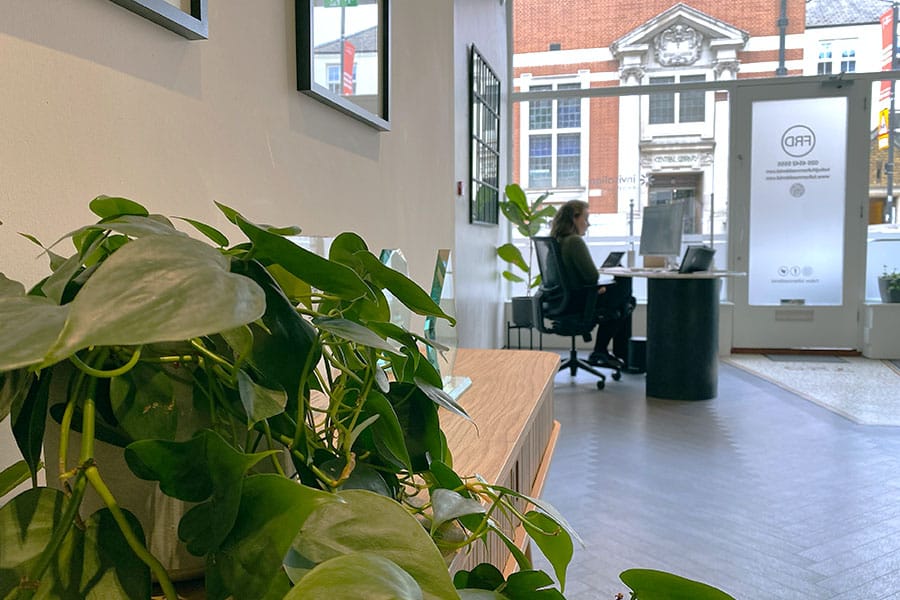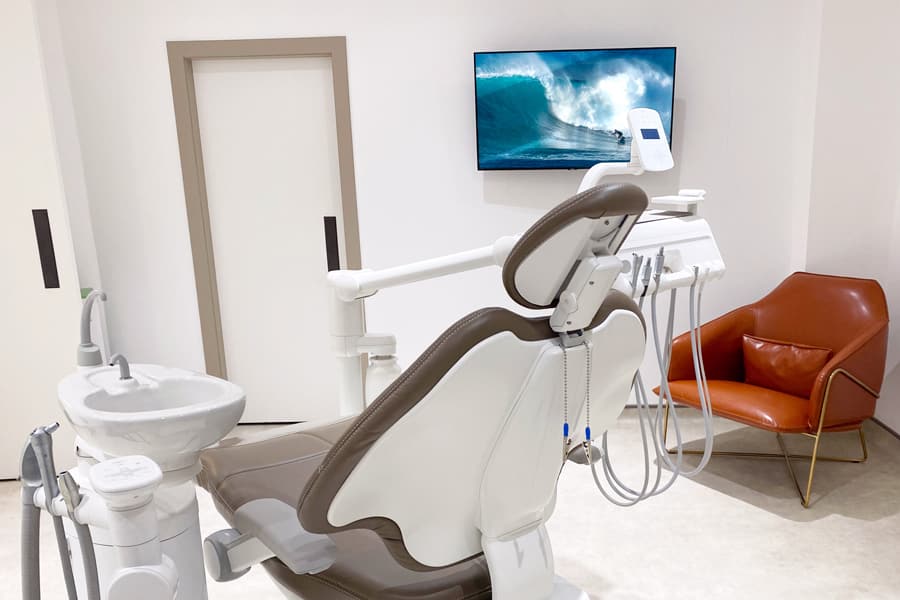Dental Hygienist Fulham
Dental hygiene is essential for maintaining a healthy mouth and a confident smile. With a consistent routine of brushing and flossing, you help prevent common oral issues like plaque buildup and bad breath. Good oral hygiene also supports overall well-being. Regular visits to your dentist further ensure your teeth and gums remain in optimal condition. Maintaining this routine is the key to long-term oral health, providing you with a fresh, confident start to each day.

Key elements of dental hygiene:
By following a few key practices, you can keep your teeth and gums in optimal condition. These include:
Brushing your teeth
Brushing your teeth at least twice a day is a key part of dental hygiene. Use fluoride toothpaste and a soft-bristled toothbrush to gently clean all surfaces of your teeth, ensuring you reach the back molars and gum line.
Flossing
Flossing helps remove food particles and plaque between your teeth, areas that a toothbrush can’t reach. This practice reduces the risk of gum disease and cavities.
Regular check-ups
Visiting your dentist regularly for check-ups and cleanings ensures early detection of potential issues and maintains overall oral health.
Healthy diet
A balanced diet plays an important role in dental hygiene. Reducing sugary snacks and drinks can help prevent tooth decay and promote stronger teeth and gums.
Expert hygienist treatments for the whole family in Fulham
At our Fulham clinic, we offer hygiene treatments for the whole family to ensure optimal oral health.
Diamond stain removal
This treatment targets stubborn stains, leaving teeth cleaner and brighter.
Ultrasonic cleaning
Ultrasonic technology offers a deep clean, removing plaque and tartar without discomfort.
Fresh breath treatment
Addressing the underlying causes of bad breath, helping you feel confident all day.
Whitening treatment
We offer safe and effective whitening treatments for a radiant smile.
Prevention and treatment of gum disease
We help prevent and treat gum disease through professional cleaning and advice.
Treatment of sensitive teeth
Solutions for reducing discomfort and sensitivity during eating and drinking.
Fluoride treatment
Fluoride strengthens enamel and prevents decay, keeping your teeth healthy.
Maintenance of braces
We provide specialised care to keep teeth clean and healthy during orthodontic treatment.
Fulham Road Dental: expert dental health and hygiene care and advice
At Fulham Road Dental, we provide expert dental health and hygiene care to ensure your smile stays healthy and vibrant. Our experienced hygienists offer personalised treatments for all ages, focusing on maintaining oral health and preventing future dental issues.
We emphasise the importance of regular hygiene visits, where our team provide tailored advice on maintaining a clean, healthy mouth. Our approach ensures that patients receive the best care for their unique needs, promoting long-term dental wellness and confidence.
Enquire about hygiene dentistry
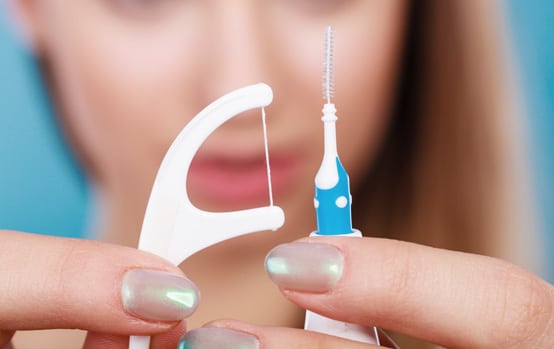

Take advantage of the Medicred dental finance option. Spreading the cost is fast and easy with our online system. We are partnered with Medicred and you will get your approval within minutes. Click below to apply now.

Fulham Road Dental Reviews
We are exceptionally proud of the services offered by our dentists.
We are consistently 5 star rated by our patients as a leading dentist in Fulham.
I had composite bonding done today by George...
Sheree
Could not recommend this practice enough
Rebecca B.
The practice is beautiful with some of the very best kit
Olivia P.
Amazing dental practice & team!
Kerry M.
Our Dental Treatments
From general family dentistry to specialist referrals Fulham Road Dental provide the very best dental care by our expert team of clinicians, with state of the art facilities.
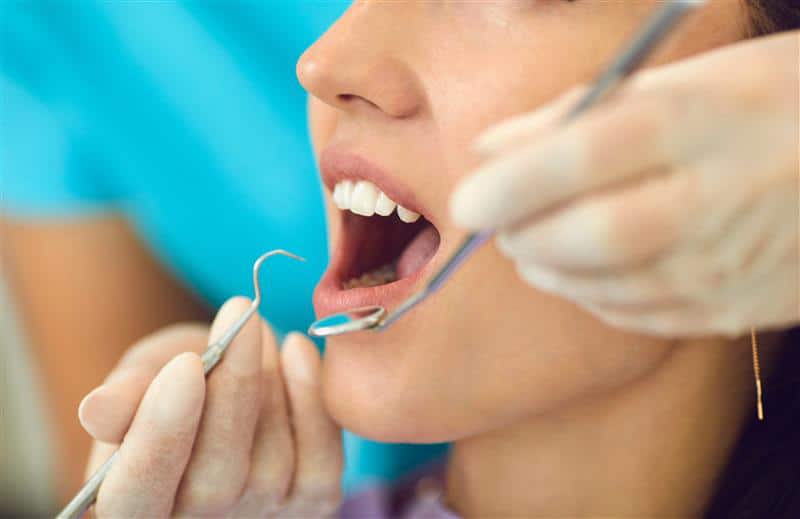
General Dentistry
We offer a full range of general dentistry services for our patients, click below to find out more.
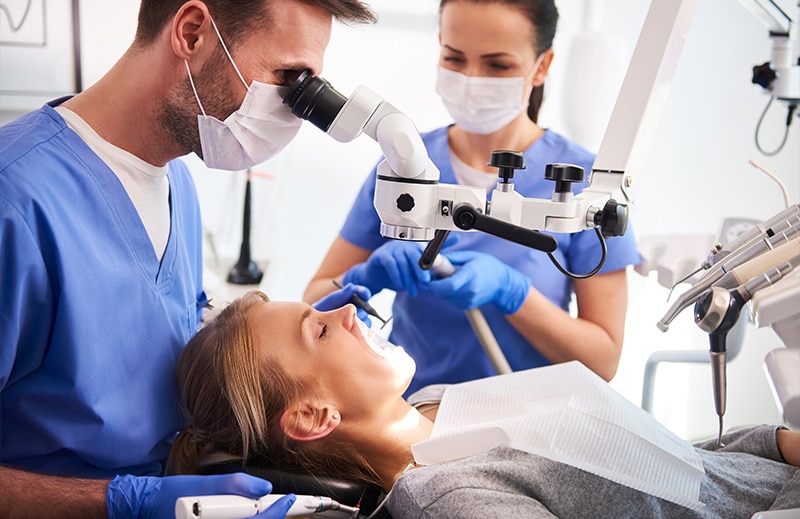
Specialist Dentistry
We offer a full range of general dentistry services for our patients, click below to find out more.
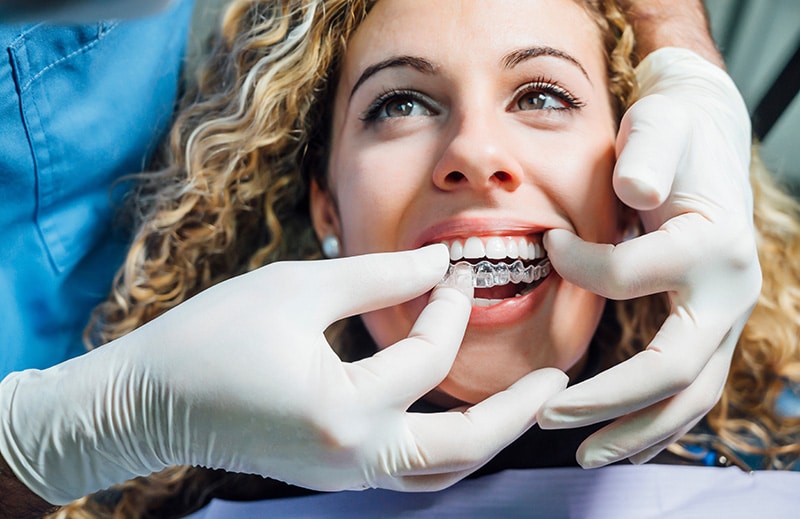
Smile Makeovers
We offer a full range of general dentistry services for our patients, click below to find out more.
Dental hygienist FAQs
How often should I see a dental hygienist?
It is generally recommended to see a dental hygienist every six months for a routine cleaning and check-up. However, this frequency may vary depending on your oral health needs. Individuals with gum disease or a higher risk of dental issues may require more frequent visits.
Your hygienist can provide personalised recommendations based on your oral health status and lifestyle. Regular appointments help maintain healthy teeth and gums, preventing issues like plaque build-up, cavities, and gum disease.
What is the difference between a dental hygienist and a dentist?
A dental hygienist focuses on preventive care, including cleaning teeth, removing plaque and tartar, and providing oral health education. They play a key role in maintaining oral hygiene and preventing disease. On the other hand, a dentist diagnoses and treats oral conditions, performs complex procedures such as fillings, root canals, and extractions, and oversees overall dental health.
While both work together to promote oral well-being, the hygienist focuses primarily on cleaning and prevention, while the dentist handles more advanced treatments and diagnostics.
How can I prepare for a visit to the dental hygienist?
To prepare for a visit to the dental hygienist, ensure your teeth are clean by brushing and flossing before the appointment. It’s helpful to bring any medical information or updates about medications, as this may affect your treatment.
If you have concerns or specific questions about your oral health, make note of them to discuss with the hygienist. Arriving on time and relaxed will help the process go smoothly, and feel free to ask about any preventive care tips for your oral hygiene.
What does a dental hygienist do during a routine visit?
During a routine visit, a dental hygienist will begin by examining your mouth to check for any signs of gum disease or other issues. They will then clean your teeth, removing plaque, tartar, and stains. The hygienist may also floss and polish your teeth, leaving them smooth and clean.
They will offer advice on brushing, flossing, and maintaining good oral hygiene. At the end of the visit, the hygienist will share any findings with your dentist for further evaluation.
What should I expect from a dental cleaning?
During a dental cleaning, your hygienist will first assess your oral health before using the advanced Guided Biofilm Therapy (GBT) technique to remove plaque and tartar. This method uses specialised airflow technology to gently and effectively target biofilm buildup, ensuring thorough cleaning of all surfaces, including hard-to-reach areas. The hygienist may also polish your teeth to remove surface stains for a smooth, clean finish.
Afterward, the hygienist will floss your teeth to ensure all debris is removed. Depending on your needs, fluoride treatment may be applied to strengthen enamel and prevent decay. The hygienist will also provide personalised advice on maintaining optimal oral hygiene and discuss any concerns you may have.
What tools does a dental hygienist use during cleaning?
During a dental cleaning, the hygienist uses a variety of advanced tools, including Guided Biofilm Therapy (GBT), to ensure your teeth are thoroughly cleaned. The GBT technique uses specialised airflow technology, combined with warm water and a gentle powder, to remove biofilm, plaque, and tartar from your teeth and along the gum line. The powder is effective at removing surface stains, helping to leave your teeth not only clean but visibly brighter. The warm water enhances comfort while effectively targeting areas that are difficult to reach with traditional cleaning methods.
Finally, the hygienist will floss between your teeth to ensure all debris is removed. This comprehensive cleaning process helps maintain excellent oral health and prevents gum disease and cavities.
Can dental hygienists provide fluoride treatments?
Yes, dental hygienists can provide fluoride treatments as part of routine dental care. Fluoride is a mineral that strengthens tooth enamel, making it more resistant to decay. During your visit, the hygienist will apply fluoride in the form of a gel, foam, or varnish, typically after your teeth have been cleaned.
This treatment is especially beneficial for individuals at higher risk of cavities, such as those with poor oral hygiene, dry mouth, or a history of tooth decay. It helps prevent cavities, promote stronger enamel, and protect overall oral health.
How can a dental hygienist help with gum disease?
A dental hygienist plays a key role in managing gum disease. They perform deep cleaning procedures, such as scaling and root planing, to remove plaque and tartar from beneath the gum line, helping to reduce inflammation and prevent further damage.
The hygienist will also provide advice on proper brushing and flossing techniques to maintain gum health at home. Regular visits to a hygienist can help detect early signs of gum disease and prevent it from progressing to more serious stages.
Is it safe to visit a dental hygienist if I’m pregnant?
Yes, it is generally safe to visit a dental hygienist during pregnancy. In fact, maintaining good oral hygiene is important as pregnancy can increase the risk of gum disease and other oral health issues.
However, it’s essential to inform the hygienist about your pregnancy, especially during the first trimester, so they can adjust treatments if needed. Routine cleanings are usually safe, but if any concerns arise, it’s always best to consult with your dentist or healthcare provider beforehand.
Do dental hygienists treat children and adults?
Dental hygienists do treat both children and adults. For children, they focus on educating them about oral hygiene habits, monitoring the development of their teeth, and providing cleanings tailored to their age. For adults, they offer preventative treatments, such as deep cleaning, and provide advice on maintaining oral health.
Hygienists are trained to care for all age groups, ensuring that treatments are appropriate for the specific needs of each patient. Regular visits to the hygienist help maintain good oral health for children and adults alike.

